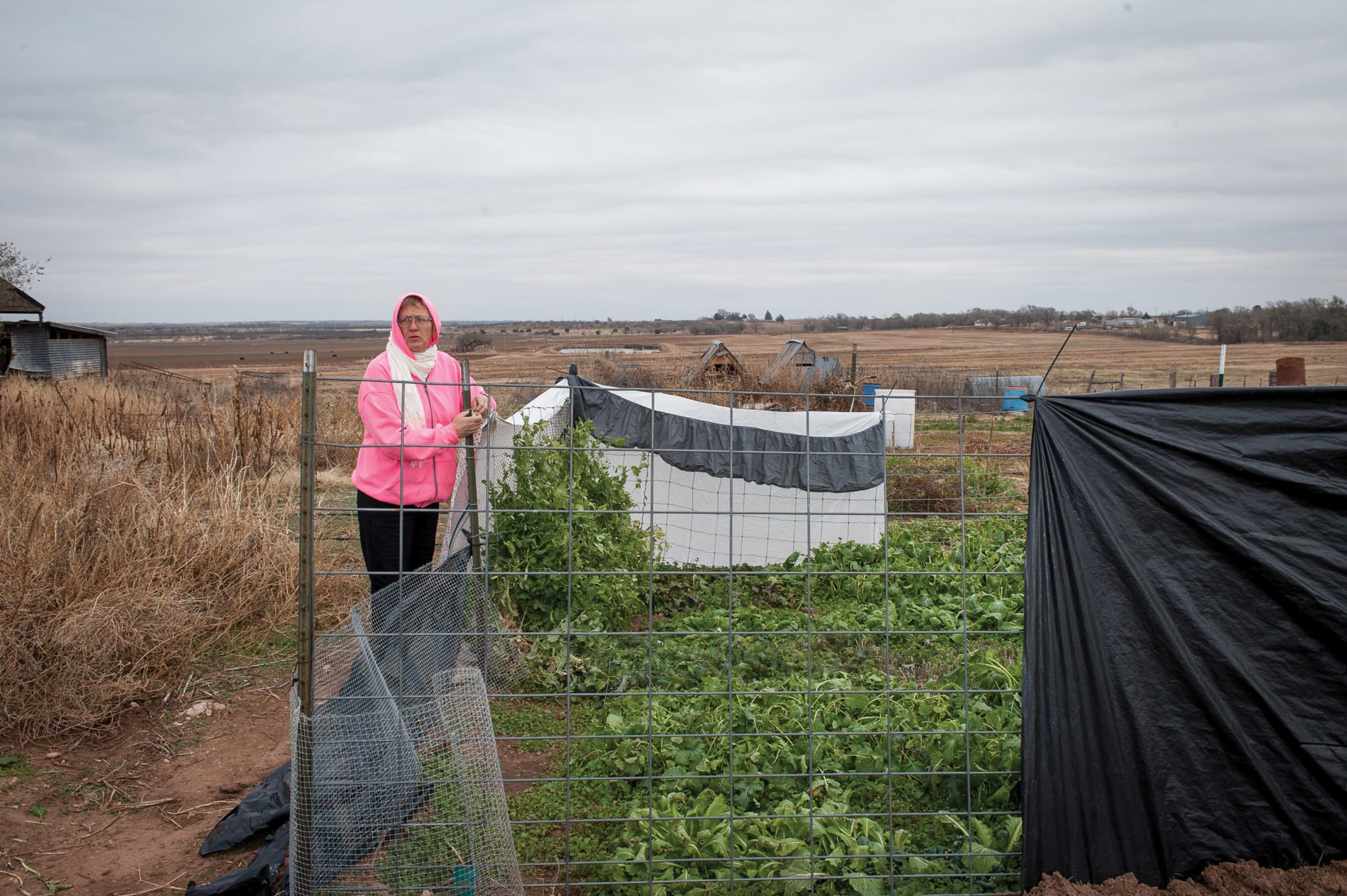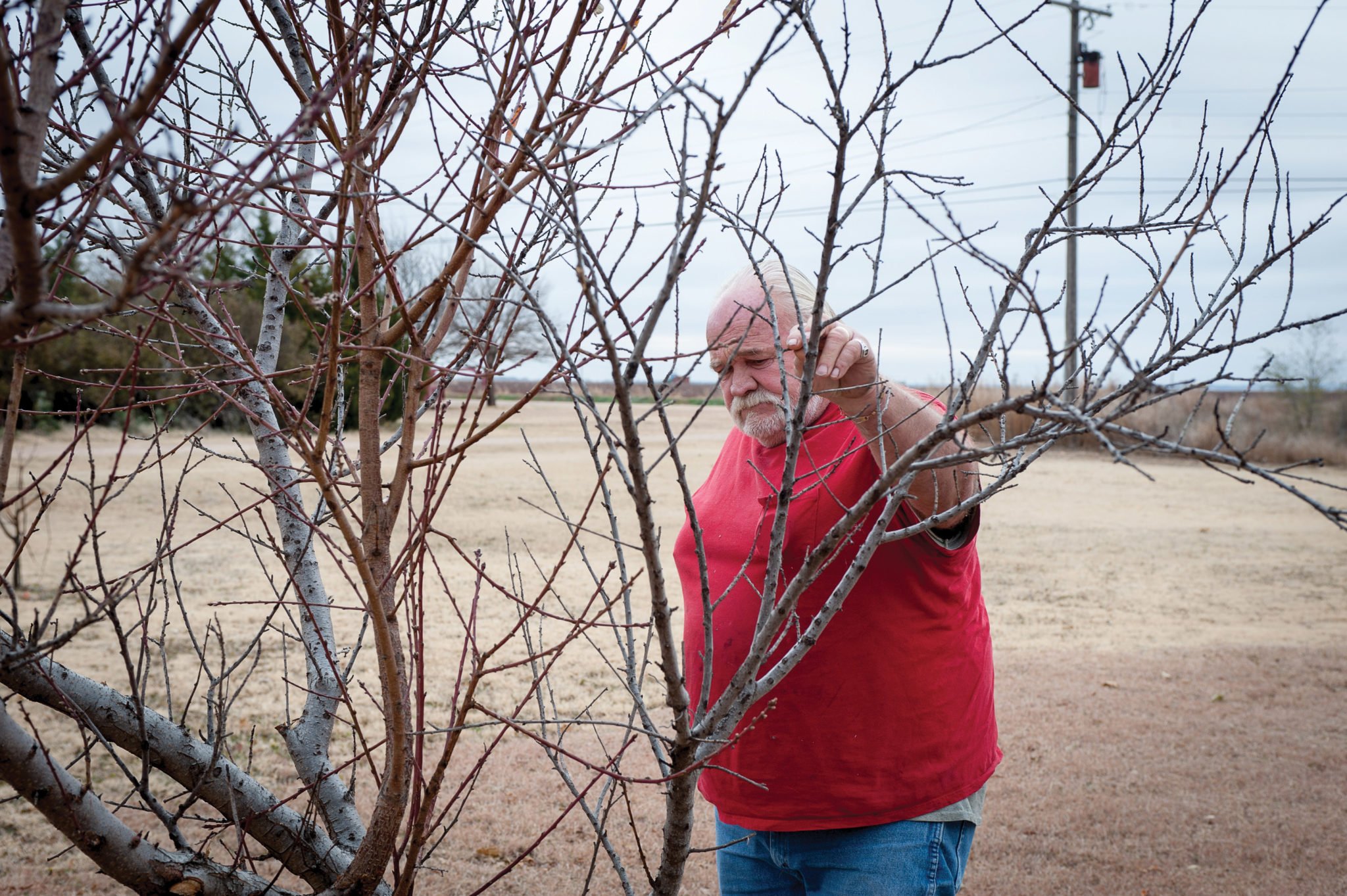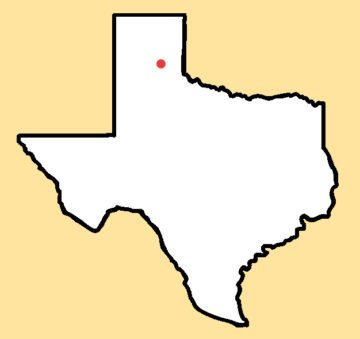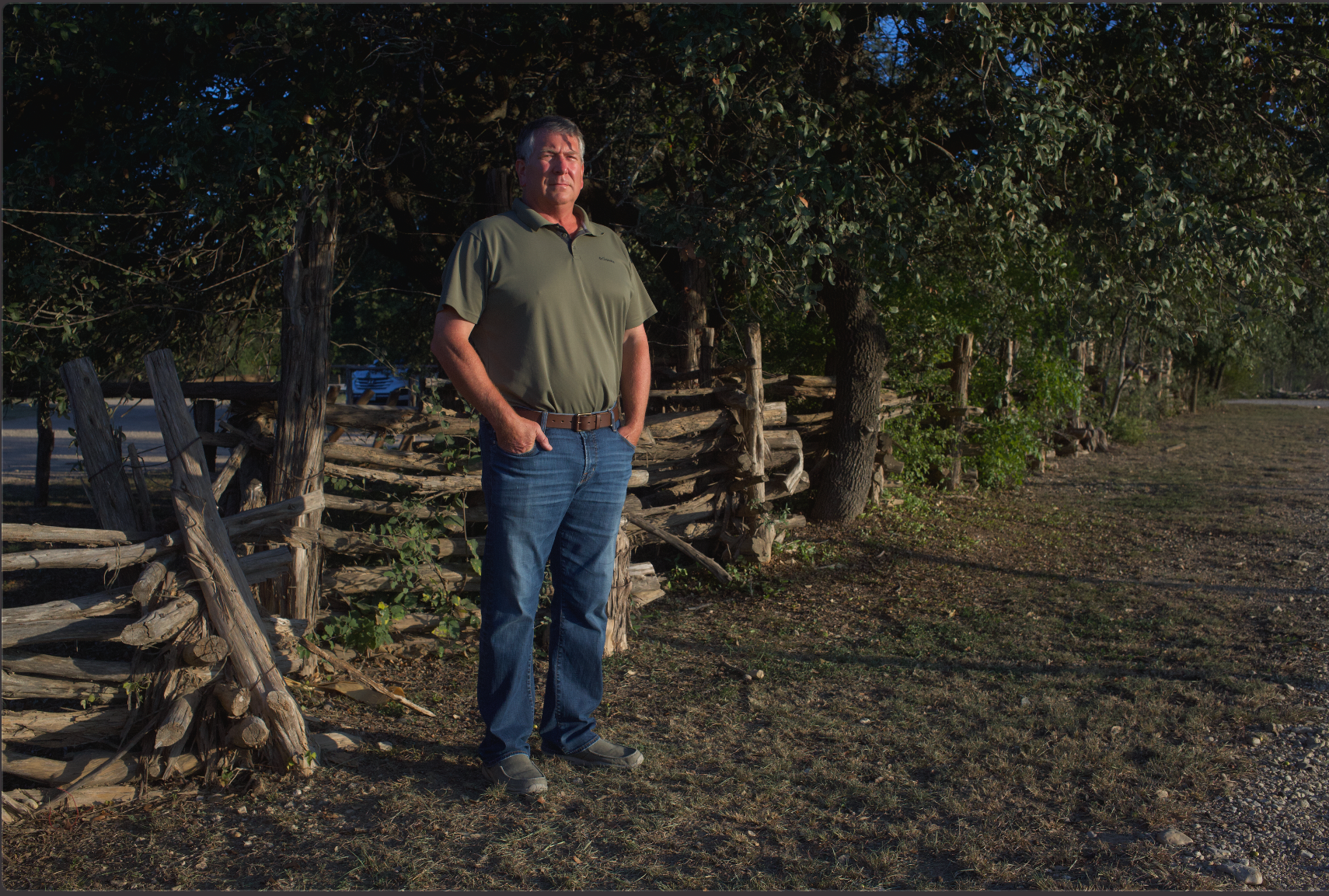
Investigation Finds Culprit in Panhandle ‘Chemical Drift’ Case, State Yet to Take Action
Texas Department of Agriculture investigators found that local crop duster pilot Jared Lambert sprayed pesticide that doused three dozen people in a tiny Panhandle town, but the agency has not issued any penalties.

It’s been nearly two years since an errant blast of a dangerous chemical doused the tiny Panhandle town of Quitaque, but the Texas Department of Agriculture (TDA) hasn’t done a thing to punish the culprit. Last May, investigators with the state ag agency found that a local crop duster pilot was responsible for spraying paraquat, a toxic pesticide, on people, trees and gardens near the town of 387 people about an hour and a half southeast of Amarillo. In the meantime, at least one of the more than three dozen people exposed to what’s called “chemical drift” says the incident has forced her to pack up and move away.
Last year, an Observer investigation found that Quitaque and other small towns surrounded by cotton farms are under siege by crop duster pilots who are hired by farmers to spray pesticides on fields to kill weeds and prepare the cotton plants for harvest. If pilots do not apply the pesticides properly and under the right conditions, the wind can carry them into unsuspecting communities where they come into contact with people, plants and animals. Each year, TDA fields roughly 200 complaints of chemical drift statewide, some of which include reports of asthma attacks, bleeding gums, headaches, burning rashes, vomiting and diarrhea as a result of exposure to pesticides.
Our reporting found that the paltry fines levied on unscrupulous pilots by regulators are not an effective deterrent in preventing future wrongdoing. Ronnie Halfmann, a former crop duster and retired TDA official, told the Observer that rulebreakers are rarely caught and that any potential fines imposed by the agency on pilots are merely seen as a cost of doing business. “The chance of you getting caught is slim. It’s very little. And that’s just the way it is,” the former official said.
The agriculture department, which is charged with enforcing state and federal pesticide application rules, fielded complaints from 40 Quitaque residents (more than 10 percent of the population) in May and June 2016. Among them was one from Jerry Beck, who said his two granddaughters were outside playing when the harmful chemical drifted through town. Kim Reiss, who at the time ran a commercial organic garden in Quitaque, said the chemical made her nose bleed and did $8,000 in damage to her garden. “That was so weird. I never have a bloody nose,” she said when interviewed in December 2016.

That summer, TDA sent two investigators in response to the complaints in Quitaque. The pair conducted about 60 interviews, compiled crop dusters’ flight records and other information and set about to discover who was responsible. In May 2017 — almost one year after the incident — investigators turned in a monster 747-page report. They identified Jared Lambert, a local pilot whose family once owned a crop dusting business in nearby Lockney, as being at least partially responsible for what happened.
Investigators found that Lambert had been applying paraquat to Greg Ramsey’s farm field on March 30, 2016, about a mile southwest of town when the wind wafted the chemical across Quitaque. They observed “significant paraquat exposure” on pecan trees, rose bushes and other plants and traced the signs back to Ramsey’s farm on Lambert’s application.
Lambert told an investigator that after spraying Ramsey’s field, he reviewed an aerial map of the property and “realized the computer generated boundary was incorrect.” When asked if this means that the drift incident was the result of a computer error, Jessica Escobar, assistant general counsel at the TDA, declined to clarify, citing the ongoing investigation. Pilots are required to ensure weather conditions are not conducive to drift before they begin spraying.
“The chance of you getting caught is slim. It’s very little. And that’s just the way it is.”
Still, despite the investigation being wrapped up almost a year ago, no action has been taken against Lambert or any other rulebreakers by the state. Escobar said that Deputy General Counsel David Castillo is reviewing investigators’ report and weighing whether to take enforcement action. She said department leaders are “not happy” with how long it’s taken to conclude the case. “Obviously it was a big priority for us to get it done because we were not happy with how long it took,” Escobar said. “It took longer than we’d anticipated and hoped and so now it’s a priority for us to get the enforcement file closed.”
Sid Miller, head honcho of the ag department, hasn’t said much about the state’s chemical drift problem. He has, however, suggested that his department could alter the federally approved label for Kaput, a warfarin-based poison, to kill feral hogs — even though doing so could poison people and other animals who consume the hogs’ meat.
Reiss, the organic farmer whose crops were ruined by paraquat in May 2016, said she’s considered filing a lawsuit to recover damages. It’d be immensely helpful to her case, she said, if she could show that a defendant has been penalized by the state.

“They say in the report who did it. This should be a cut-and-dried case,” Reiss said. “But [the investigation] doesn’t do any good if they don’t do anything about it.” Reiss said she was financially unable to recover from the damage wrought on her garden. She has since moved to Lubbock, where she works on a cotton farm that is partially transitioning to growing organic vegetables.
The report doesn’t draw a direct connection between Lambert and Luke Boedeker, one of the individuals suspected by Quitaque residents of being responsible for the drift. But Boedeker acquired the Lambert Spraying Service in Lockney in 2016, according to the Boedeker Flying Service website, where Lambert is listed as an employee. Furthermore, Lambert told the TDA the job order to spray paraquat near Quitaque that day was originally called into Boedeker’s flagship location in Childress before being forwarded to the Lockney location, where Lambert took it.
On Wednesday, a receptionist at Boedeker Flying Service said Lambert is no longer employed by the company. Neither Lambert nor Boedeker, who was not implicated of wrongdoing in the report, returned calls for comment on this story.


